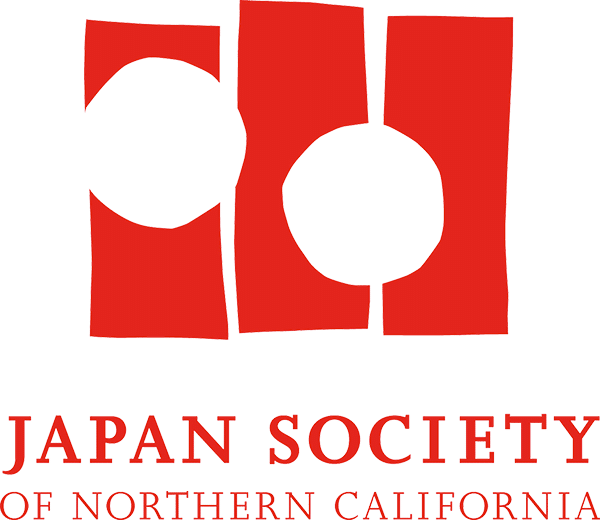A Night of Insights: The Evolving US-Japan Alliance and what it means for Regional Security
In the decades following WWII, Japan has been playing an increasingly more robust role in underpinning regional security, a role welcomed by the US and many in Asia. Japan has long played an important but unappreciated role in buttressing peace and security in the region through its leadership in creating institutions such as ARF (ASEAN Regional Forum) and APEC (Asia-Pacific Economic Cooperation), providing ODA (Official Development Assistance) to key players in the region to support and stabilize them and supporting nation-building exercises in countries like Myanmar and Cambodia, and is now poised to undertake an even more important leadership role in underpinning Asian security.
And with rising threats to American security stemming from Asia—North Korea’s acquisition of nuclear weaponry and ongoing territorial issues in the East and South China Sea—it is fortunate that Japan is a stalwart ally. It’s clear that future collaboration between the two countries remains crucial to managing and resolving these political threats.

During our event at Morrison and Foerster, former Vice Minister of Defense and Visiting Fellow at CSIS, Masanori Nishi, former U.S. Ambassador to Japan and Shorenstein APARC Fellow at Stanford University, Michael Armacost, and former Assistant Secretary of Defense and US Ambassador to Vietnam, David Shear, discussed our recent shift in administration and its impact on the evolving U.S.-Japan security alliance. They offered fascinating insights on the strong state of the US-Japan alliance, a high-risk level in the region and a troubling degree of uncertainty about the intentions of major players.
Larry Greenwood



